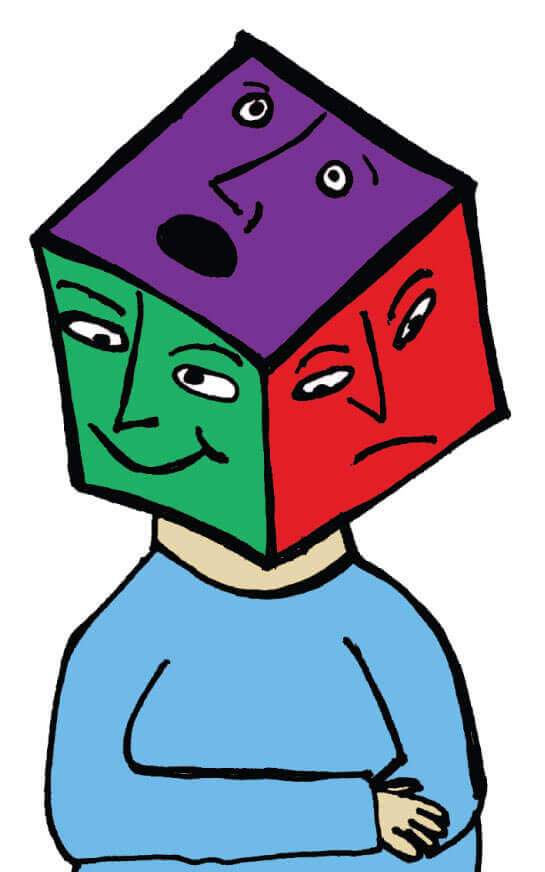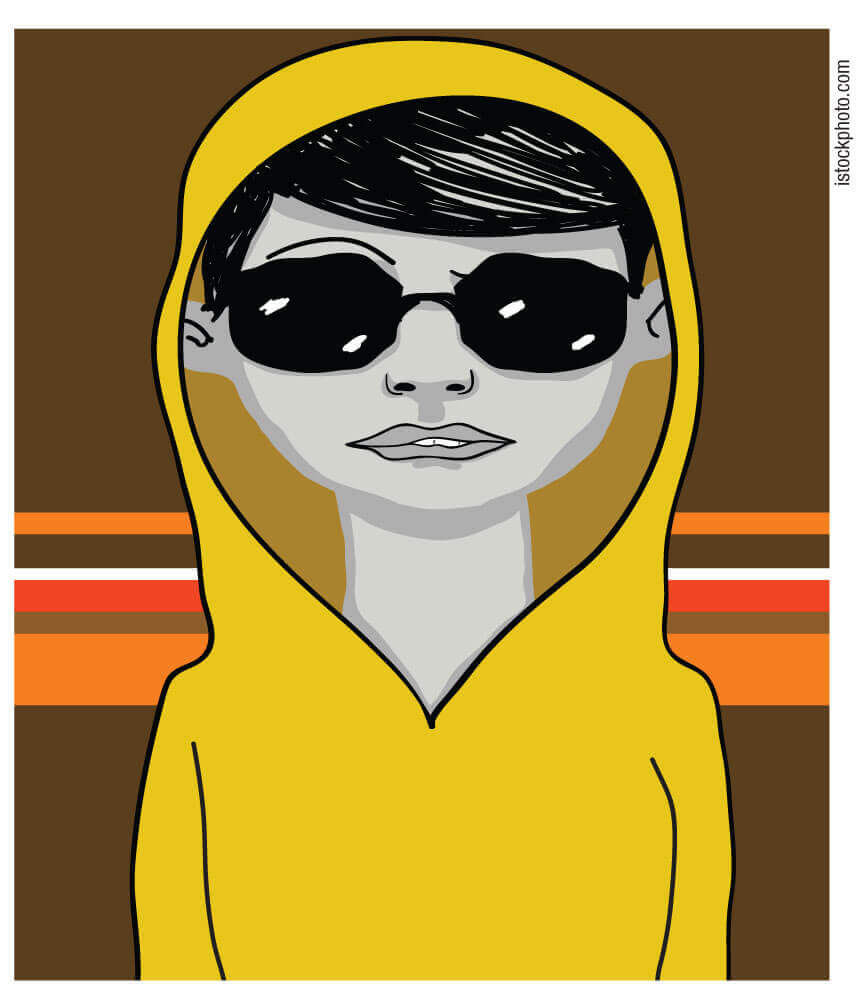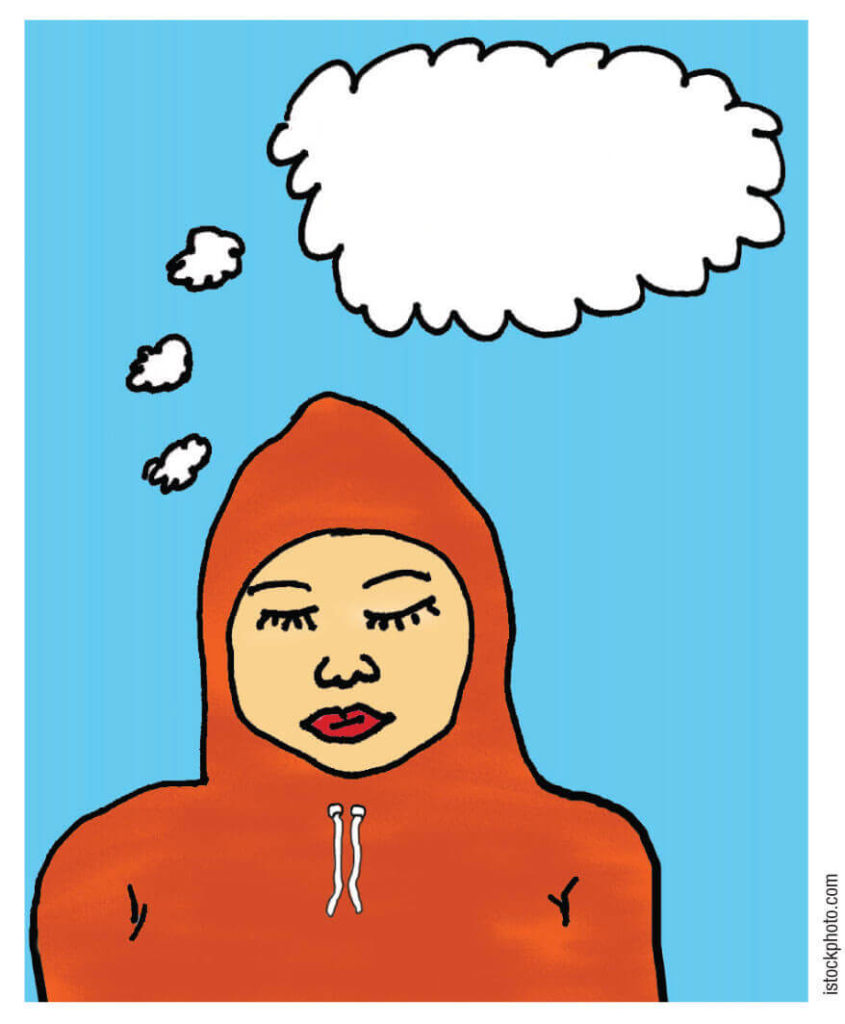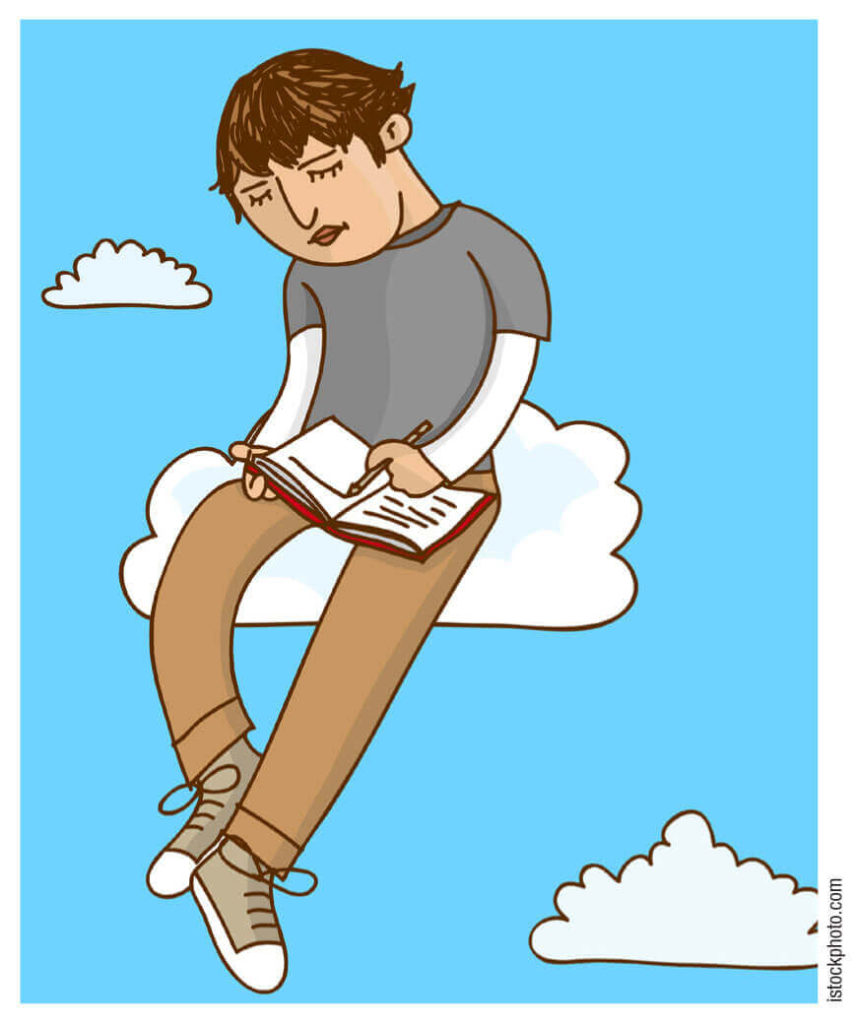
Life holds surprises. Some are great. You do better than you thought on your biology test. You make the team when you were afraid you wouldn’t. Your parents listen and understand the fender bender really wasn’t your fault.
Some surprises aren’t so good. Half the questions on the test were never covered in class. Your boyfriend dumps you, and you didn’t see it coming. Your coach doesn’t like you, and it’s no longer fun to practice or play, even though you love the sport.
Some events are truly awful. Your parents divorce. A much-loved grandparent dies too soon.
In the face of heartbreak, we often protest, “Why does God allow this? Why doesn’t God step in?” Imagine you are a brand new parent. The doctor offers you a new technological advance. Give this child an injection during her first week of life and she will be perfect — she will always smile, always be nice, she will always do her homework.
Few of us would accept the offer, even knowing that without such protection this darling baby girl may grow up and one day drive drunk with tragic results. God faces a similar dilemma. Only by stepping in and taking away free will whenever someone starts to commit an awful act could God prevent tragedies. In spite of the inevitable consequences, God lets us choose — to create joy and love or heartache and loss.
Five Responses to Pain
People tend to follow one of five paths when coping with pain.
Some run away. Some suck it up and pretend nothing happened, becoming tougher in the process. Some get stuck. Some seem to be drawn to pain and seek it out when it doesn’t show up on its own. And some truly work their way through pain, coming out better on the other side.
Some may run away from pain because their temperament is inherently joyful, and they actively rebel against sadness. They possess an amazing ability to distract themselves with fun activities or humor. In the face of a serious conversation, they change the subject or crack a joke. Their goal is to forget pain exists.
Others run away out of fear, convinced they can’t handle the hurt. Unfortunately, the memory of the pain pursues them, gaining power as they retreat. Unprocessed painful events accumulate over time.
Some stuff the pain and barrel on through. Most cultures teach men to hide their pain. Little boys who cry on the playground face ridicule from other boys and sometimes from adults. As women gain greater equality with men, more women are repeating the pattern. Some athletes sporting “no pain, no gain” T-shirts adopt the slogan as a philosophy of life. Pushing ourselves to the point where it hurts — and then pushing further — is not the only way to grow.
Many men’s brains are designed to stash pain and ignore it, a survival strategy developed when hunting and hand-to-hand combat were a way of life. Brain imaging confirms that men’s brains are more compartmentalized than are women’s. Give a man a math problem and specific areas of his brain light up. Give a woman the same problem and multiple areas of her brain come alive and communicate together to find a solution. Women are less well equipped neurologically to forget pain without paying a price.
Sometimes getting over it and moving on serves us well. But habitually stuffing pain, for men or for women, creates calluses. Calluses on a fingertip or a psyche protect us from pain. A calloused heart also becomes less responsive to joy and compassion. Repressed pain lurking under the surface can show up later as anger, passing the pain on to innocent bystanders — parents, younger siblings, the driver ahead of us.
Some get stuck in their pain. We learn coping strategies from others, and without good strategies we can get stuck. Too much pain can sometimes overwhelm even those with good resources and capacity to cope. Endlessly rehearsing what I should have done or sleepless nights convinced I will never find someone new keeps us stuck at the doorway into the future. Too often, this sense of helplessness and despair triggers depression.
For some reason, some people seem to be attracted to pain. For women this shows up as an uncanny ability to pick bad relationships, particularly romantic relationships. Some women mistake intensity for love. A girl will stay too long with someone who ignores or demeans her, convinced she can save her partner or that the insults so obvious to everyone else are accidental. Finally, in despair, she leaves, only to find the same heartache in her next relationship.
Some women are addicted to the rush that comes with drama. If there is no drama, they will create it. With friends, at home, at work, on the team — the setting varies, the drama is the same. Their brains and bodies literally become hooked on the surges of adrenalin and cortisol that crisis brings in the same way that others’ brains become hooked on alcohol. Their up-and-down cycles chew up endless time and energy for themselves and those around them.
Finally, some work through their pain. Pain becomes our teacher when we do the work, making us wiser and more compassionate. Pain can teach us appreciation, signal that something is wrong, help us learn our own limits, and drive us to search deeper for meaning.
Physical or emotional pain tells us something is wrong that requires our attention. An aching shoulder can warn us to ease up and not push a workout too far. Feeling exhausted and irritable now and then is normal. Driving ourselves for weeks on end comes at a cost. No pain, no gain? Not necessarily.

What about pain that leaves us helpless? When we’ve done everything we can and disaster strikes? Pain can teach us the limits of our own control. You invest years of your life in a sport and an injury sidelines you senior year. You reach out repeatedly to a brother you desperately love but watch him slip away into addiction. You tried your very best—and lost.
A portion of our stress comes from trying to control everything in our lives when we can’t. Pain can teach us to hold life in open hands.
God, grant me the serenity to
accept the things I cannot change,
the courage to change
the things I can,
and the wisdom to know the difference.
So much of life is out of our control.
We can learn that some things we thought were vitally important actually are not. Your “fallback” college turns out to be exactly the right place for you. Not getting into the school play frees up time for friends or family. You have time to discover they value you not for what you achieve but who you are.
Catastrophic suffering calls into question our sense of meaning and our place in the universe. Recently at my school, one parent of a senior student died just before the school year began and another during the school year; one senior was diagnosed with cancer and a beloved graduate from the previous year died of cancer. The class of 200 students was in shock, and some still have not recovered.
Moving On
Grieving our losses requires us to hold still and truly feel them. I have to talk about people I miss even though I cry every time I think about them. I am going to have to live with a stepfather I don’t particularly like and didn’t choose. My parents will never be a couple again. I hate this reality. I feel sad and alone. This circumstance is not going to change, at least for now.
Then we need to let go. Letting go is different from stuffing. Stuffing shoves loss out of our awareness, where it never moves. Letting go is opening our hands, looking hard at the precious gift we have been holding, and saying goodbye. Letting go can be incredibly difficult. No one else can do it for us.
Sometimes we have to let go over and over again until we begin to notice light creeping over the horizon. Letting go also means saying hello to the future, a future that is different, surely, but sometimes a future that is better, and surely a future where we can be better.



